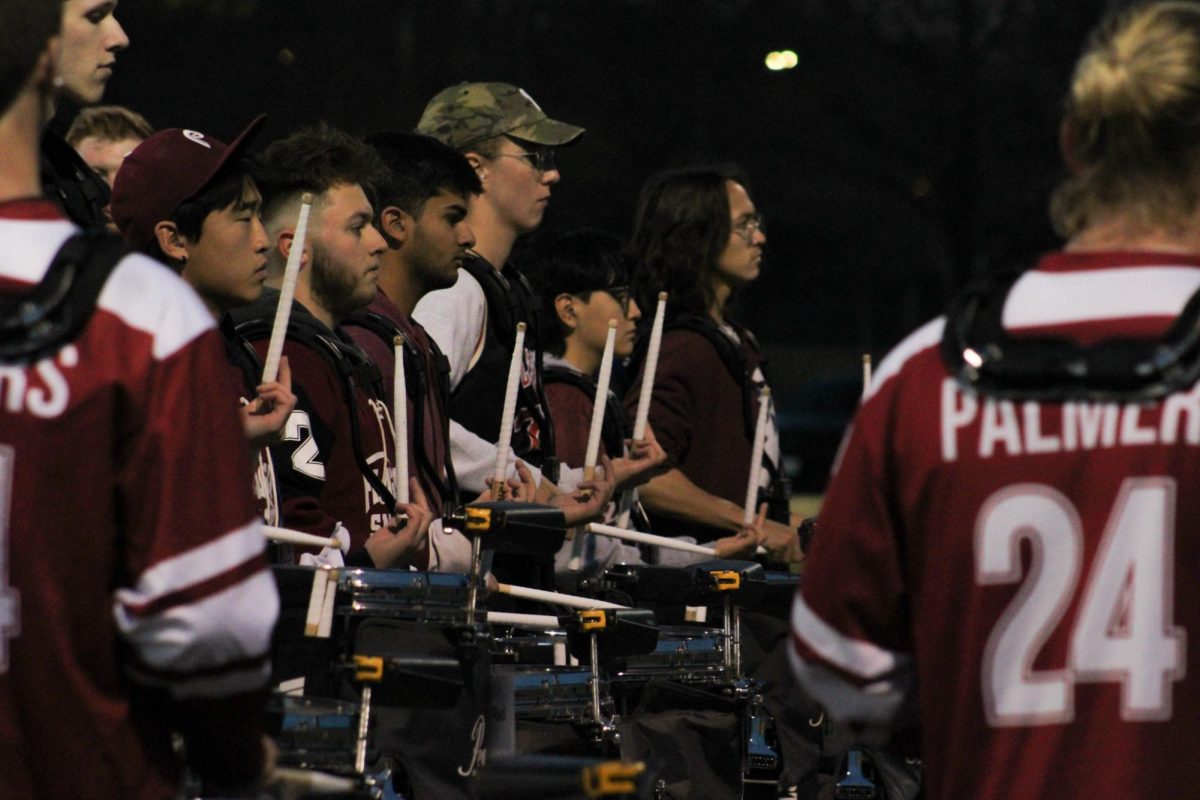British folk-rock artist Jake Bugg released his second album “Shangri La” on Nov. 18 to fans around the world ardently waiting for its release. At just 19 years old, Bugg has already released two albums; both of which have captured the attention of music lovers and professionals everywhere. Upon hearing his first self-titled album, legendary record producers Rick Rubin and Iain Archer contacted Bugg and offered to work with him to write and record new material. The resulting album was produced in Rubin’s Malibu-based studio, aptly named Shangri La, and explores the extent of the young musician’s raw talent.

Born on Feb. 28, 1994 to parents who divorced shortly after, Bugg grew up in a struggling single-parent home in Nottingham, England. His early life has had a significant influence on his music and has continued to be the driving theme throughout his two albums. His songs were inspired by his life in Nottingham and many of them speak of his own life experiences.
The first two singles off of “Shangri La” show a rougher side of Bugg compared to his past work. Bugg relished the opportunity to emulate one of his biggest influences, Jimi Hendrix, by picking up an electric guitar in “Slumville Sunrise” and “What Doesn’t Kill You.” Musically the songs fully embody the blues-rock anthem the producers were aiming for, but vocally Bugg may fall short.
Bugg’s vocals are, as described by the Daily Beast, “A reedy wail that sounds like it would be more at home in Appalachia than on FM radio.” A song better suited to Bugg’s vocal abilities is his bluesy track, “There’s a Beast and We All Feed It.” The song opens up the album and even references Bugg’s viral dispute with British contemporaries One Direction when he says “Somehow we’d better speak it/we’re scared someone will tweet it.”
Other songs off of “Shangri La” give listeners an idea of the scope of Bugg’s talent. “A Song About Love” is a soft acoustic ballad, and is lyrically Bugg’s most sensitive track. He sings openly about a lost love and regrets in a way similar to his other popular track “Me and You.”
These songs stray from his other songs such as “Messed Up Kids” which criticize the burnout youth of England and take a more political standpoint rather than personal. He sings, “The messed up kids are on the corner with no money/ they sell their time they sell their drugs they sell their bodies.”
The song speaks directly to the community he grew up in. The ninth track on the album, “Kitchen Table,” seems a little out of place. The song comes directly after the very Johnny Cash-esque track “Kingpin,” and sounds more like a folk musician’s attempt at a tango than an indie rock track.
There is much more to “Shangri La” instrumentally, musically and thematically than Bugg’s first album. Even at such a young age, Bugg writes music with a maturity far beyond his years. When most of his influences have had careers longer than he is old, however, it is easy to see where Bugg gained this perspective. He cites Don McLean, Jimi Hendrix, Johnny Cash, Neil Young and Nick Drake as major influences on his music, and has often been compared to Bob Dylan as well as The Beatles.
However, Bugg tries to avoid being labeled as “the East Midland’s Bob Dylan” because he wants to keep his sound original and genuine. Time will tell if the young musician can make a name for himself or fall into the shadow of the great artists he emulates.
Sarah Robertson can be reached at [email protected].












